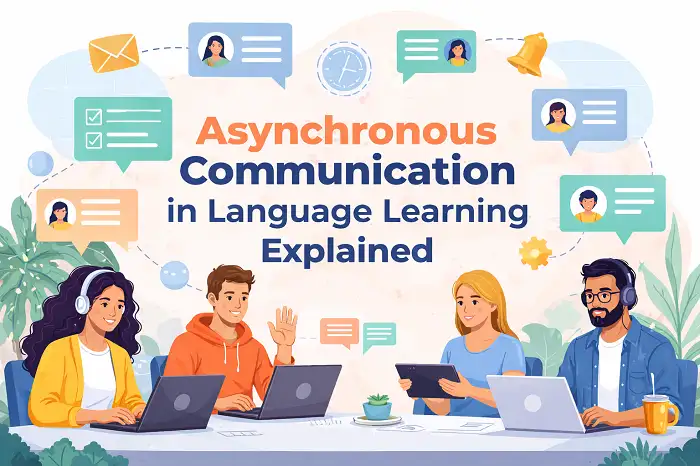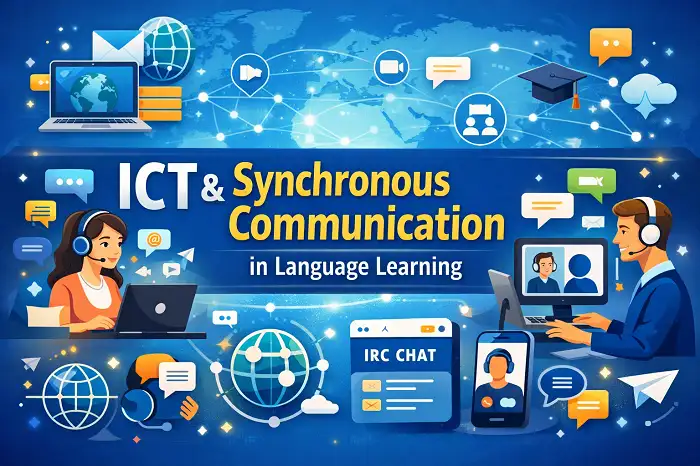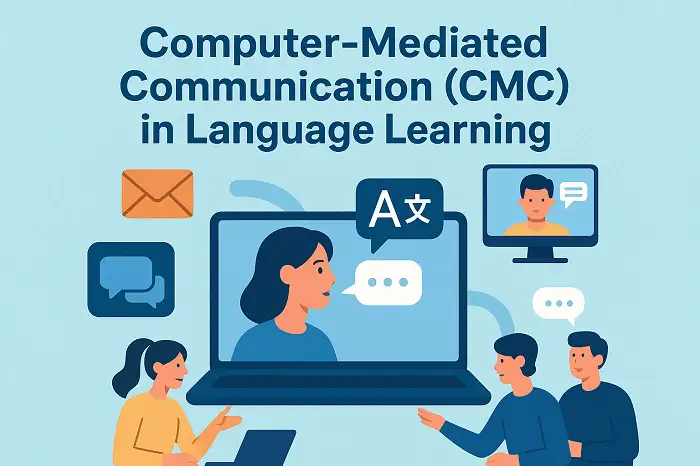IELTS Listening Practice Google Search Tips IELTS Listening Practice Google Search Tips About this activity This activity is labeled round table by Dr. Hariri, the creator and administrator of LELB Society. This activity is on the premise of Flipped Learning, according to which the students watch a video before the class, carry out research into the selected theme, and prepare themselves for an informed discussion in the class. This activity is on the basis of both synchronous and asynchronous computer-mediated communication (CMC), according to which the students are also encouraged to be active even before the class. In this flipped classroom activity, the students are encouraged to utilize the comment form at the bottom of the post to to exchange their questions, findings, and ...
Home » Listening Practice in English » IELTS Listening Practice Google Search Tips

IELTS Listening Practice Google Search Tips
Updated: by Dr. Mohammad Hossein Hariri Asl
Time to Read: 5 minutes | 379 Views | 20 Comments on IELTS Listening Practice Google Search Tips
Share This Post
About the Author
Dr. Mohammad Hossein Hariri Asl is an English and Persian instructor, educator, researcher, inventor, published author, blogger, SEO expert, website developer, entrepreneur, and the creator of LELB Society. He's got a PhD in TEFL (Teaching English as a Foreign Language).
Number of Posts: 4242



8. What are the subtle differences between the functions of vertical bar and tilde symbols in your search on Google?
7. How can we find similar websites?
To find related websites in Google search, you can use the `related:` operator. Simply type `related:` followed by the URL of a site you are interested in. For example, if you want to find websites similar to LELB Society, you would enter `related:lelb.net` into the Google search bar. This will show you a list of websites that Google considers similar or related to LELB Society.
6.When can we use a range of numbers?
Correction:
You forgot to put a space between the dot and the first word.
Precisely!
Many thanks for performing peer-review.
4. How can we search within websites?
I m so sorry that was number of 5
That’s OK. Thanks for putting a number before your question.
You can search within a specific website using the `site:` operator in Google search. Simply type `site:` followed by the website’s URL and the keyword you’re looking for. For example, if you want to search for articles about the Persian language on the website “lelb.net,” you would enter `site:lelb.net Persian language` in the Google search bar. This will return results only from the specified website that match your keyword.
4. What is the benefit of using asterisk?
Correction:
an asterisk
Thanks for performing self-assessment.
Using an asterisk (*) as a wildcard in Google search can be very helpful when you’re missing information or want to account for multiple possibilities in your query. The asterisk stands in for any unknown or variable words, allowing Google to fill in the blanks. For example, if you search for “best * restaurants in Los Angeles,” Google will return results that include phrases like “best Italian restaurants in Los Angeles” or “best sushi restaurants in Los Angeles.” This makes your search more flexible and can help you find relevant information even when you’re not sure of the exact terms to use.
3. What is the use of a minus in google searching engine?
Corrections:
… on Google search engine
2. How can we use a tilde in the search process?
Using a tilde (~) in Google search can help you find synonyms and related terms to broaden your search results. For example, if you search for `~healthy recipes`, Google will return results that include synonyms and related terms like “nutritious recipes” and “wellness recipes.” This can be especially useful when you’re looking for a variety of information on a topic and want to capture a wider range of relevant results.
1. How can we keep the orders of words in a phrase that we are searching for?
To keep the order of words in a phrase when searching on Google, you can use quotation marks (” “). This tells Google to search for the exact phrase as it is written, preserving the word order. For example, if you want to find results for the specific phrase “climate change effects on agriculture,” you would enter `”climate change effects on agriculture”` in the search bar. This ensures that Google returns results where these words appear in the exact order you specified, making your search more precise.